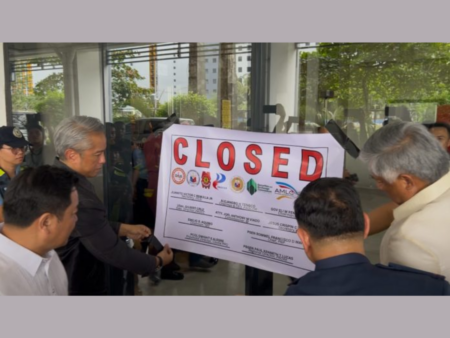Wyoming legislators are making bold strides in the realm of gambling with the introduction of House Bill 120, signaling a significant shift towards the legalization and regulation of online casino gaming within the state. Spearheaded by Representatives Jon Conrad, Robert Davis, Sandy Newsome, and Tom Walters, this proposed legislation marks a pivotal moment following the legalization of sports betting in 2021.
Under the provisions of House Bill 120, the Wyoming Gaming Commission would assume the responsibility of overseeing the online casino industry, issuing licenses to a maximum of five operators. These licenses come with stringent requirements, including an initial fee of $100,000 and a renewal fee of $50,000 every five years. Additionally, vendors seeking participation in the online casino market would be subject to an initial fee of $10,000, with a $5,000 renewal fee every five years.
A notable aspect of the proposed legislation is its taxation structure, with operators facing a 10% tax rate on their revenues. Furthermore, the bill allocates $300,000 annually towards problem gambling programs, highlighting a commitment to addressing potential social issues associated with expanded gambling activities.
House Bill 120 also includes provisions for interstate agreements, allowing licensed operators in Wyoming to form partnerships with counterparts in other states. This strategic move acknowledges Wyoming’s relatively small population and aims to foster larger player pools, thereby enhancing the industry’s sustainability and competitiveness.
Wyoming’s initiative to regulate online gambling is part of a broader trend unfolding across the United States. States like Illinois, Maryland, and Hawaii are also exploring or actively pursuing similar measures to legalize and regulate online gambling within their jurisdictions.
In Illinois, lawmakers are deliberating House Bill 2239, which outlines a licensing framework for online gaming operators, reflecting a growing interest in regulating online gambling activities.
Maryland is considering the possibility of legalizing online gambling through a public referendum, with Sen. Ron Watson leading the advocacy efforts. This move underscores a shifting perspective on gambling within the state.
Meanwhile, Hawaii is engaged in comprehensive gambling reform discussions through Senate Bill 3376, indicating a potential departure from its traditionally anti-gambling stance and a willingness to explore new avenues for revenue generation.
In related developments, Wyoming’s online gambling giants, including FanDuel and DraftKings, are challenging the legality of fantasy sports leagues following the Wyoming Gaming Commission’s ruling classifying them as illegal gambling platforms. This debate underscores broader discussions surrounding the classification of fantasy sports as games of skill or chance and its implications for the industry’s regulatory landscape.
Critics argue that regulatory actions targeting fantasy sports leagues may have unintended consequences, including stifling competition and limiting consumer choice within the rapidly growing fantasy sports industry.
As Wyoming legislators continue to navigate the complexities of online gambling regulation, the outcome of House Bill 120 could have far-reaching implications for the future of the gambling industry in the state and beyond.

















